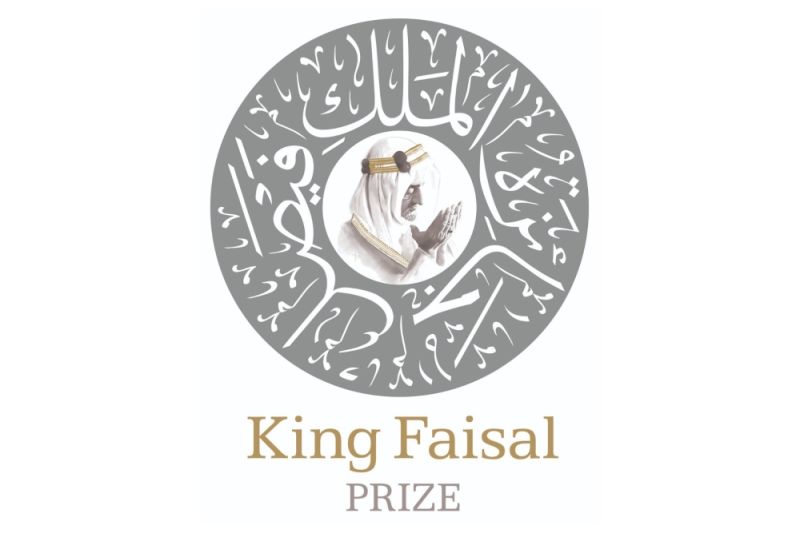Several notable figures win King Faisal Prize 2023


Jakarta (ANTARA) – A number of the world’s leading figures have won the King Faisal Prize for 2023, which was announced at a ceremony on Wednesday evening in Saudi Arabia, according to the Saudi Arabian news agency SPA.
The announcement was made in the presence of His Royal Highness Prince Khaled Al-Faisal, Advisor to the Custodian of the Two Holy Mosques, Governor of Makkah Province, and Chairman of the King Faisal Prize Board.
Secretary general of the King Faisal Prize, Dr. Abdulaziz Alsebail, said that the selection committees for the King Faisal Prize—which was awarded in five categories, comprising service to Islam, Islamic studies, Arabic language and literature, medicine, and science—held a series of sessions to review the nominated works and the reports of the arbitrators.
The assessment took place from January 2-4.
The award for service to Islam was given to Professor Choi Young Kil-Hamed (South Korea) and His Excellency Shaikh Nasser bin Abdullah (UAE).
Prof. Choi was awarded the prize in recognition of his outstanding work in translating a large number of Islamic books, advocacy efforts in delivering lessons and lectures, and organizing courses to introduce and advocate for Islam. He is regarded as one of the prominent non-Arabic-speaking advocacy figures in the Asian continent.
He has also received a number of other awards, including the “King Abdullah bin Abdul Aziz International Award for Translation” for his book “Prophet Mohammad”, the Medal of the President of the Democratic Republic of Korea in 2013, and the Korean government’s Medal for Education and Teaching Services in 2014.
Meanwhile, His Excellency Shaikh Nasser bin Abdullah Al Zaabi was given the award in recognition of his philanthropic and relief work through his membership in a number of charitable associations and institutions and his organization as well as attendance of conferences, forums, and seminars on charitable work.
His presidency of the permanent council of the Islamic Solidarity Fund (ISF), a subsidiary institution of the Organization of Islamic Cooperation (OIC), and wise leadership of the Islamic University in Niger through his chairmanship of its board of trustees since 2014 also earned him the award.
The award for Islamic studies, specifically Islamic architecture, was presented to Prof. Robert Hillenbrand from the United Kingdom.
The award for Arabic language and literature, specifically classical Arabic narrative and modern theories, was given to Prof. Abdelfattah Kilito (Morocco) from Mohammed V University.
The award for medicine, specifically for pandemic and vaccine development, was given to Prof. Dan Hung Barouch from Harvard University (the United States of America).
Barouch was awarded the prize in recognition of his major contribution to building an understanding of the immunology and pathogenesis of viral infections. He has developed novel vaccine and treatment strategies against multiple pathogens of global significance, including HIV-1, Zika virus, tuberculosis, and most recently, SARS-CoV-2.
Prof. Sarah Catherine Gilbert from the University of Oxford (UK) was also given an award in the same category for developing innovative vaccine technologies and applying them to malaria, Ebola, influenza, MERS, and SARS-CoV-2.
The latter vaccine has achieved a wide geographical distribution due to its effectiveness and low cost, making it accessible to billions of people. It has greatly aided the realization of vaccine equity worldwide.
Furthermore, the award for science, specifically chemistry, was given to Prof. Jackie Yi-Ru Ying (US) from the Massachusetts Institute of Technology (MIT) and Prof. Chad Alexander Mirkin (the US) from Northwestern University.
Prof. Ying won the award for the synthesis of various advanced nanomaterials and systems and their applications in catalysis, energy conversion, and biomedicine. Her laboratory has pioneered the synthesis of mesoporous and microporous transition metal oxides through supramolecular templating.
Meanwhile, Prof. Mirkin was awarded the prize for his outstanding contribution to introducing the concept of nanoparticles as atoms and DNA as bonds to design functional crystalline macroscopic materials, enriching the repertoire of chemistry and material tools, and defining the modern age of nanotechnology.
The General Secretariat of the King Faisal Prize commended the 2023 laureates and offered its sincere gratitude to the members of the selection committees, the referees, and the experts for their valuable contributions.
Related news: Ministry to seek additional Hajj quota at 2023 Hajj conference
Related news: Minister gives passports to Indonesians overstaying in Saudi Arabia



